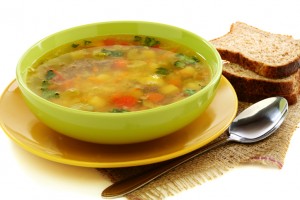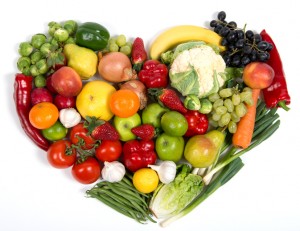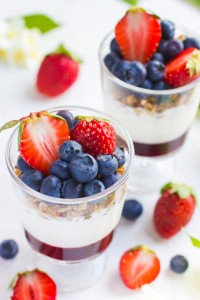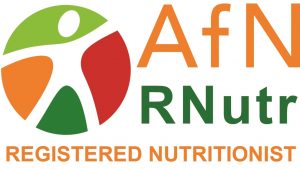We’ve grown comfortable with the Five-a-Day fruit and vegetable message whether we achieve it or not. The original aim for better health was to eat five portions of vegetables and fruit each day. A few years ago this morphed into eating extra vegetables rather than fruit, then it became seven portions, and now we’re told it’s ten!
Research from the School of Public Health at Imperial College London found that 800g, or ten 80g servings of vegetables and fruit per day, reduces the risk of heart disease by 24%, stroke by 33%, cancer by 13% and premature death by 31%. It is all about the probability of ill health, there are no guarantees, but these statistics are convincing enough that by loading our diets with vegetables and fruit we probably will live longer.
Ten portions a day seems huge considering that the majority of us don’t even achieve our ‘Five a Day’, however, a little is better than none. Even 200g per day, around two and a half portions, has some benefits, less on cancer risk but a 16% reduced risk of heart disease and an 18% reduced risk of stroke.
So Ten a Day is worth aiming for, but regular servings of fruit and veg is a valuable start.
Which Foods Count?
The types of foods which make up our daily fruit and veg allowance aren’t all obvious, and the NHS Change 4 Life site lists those we should try to include.
 Beans and lentils – a lentil/vegetable soup or salad with beans at lunchtime will have a few of our veg portions, or a snack of hummus and veggie sticks is two portions.
Beans and lentils – a lentil/vegetable soup or salad with beans at lunchtime will have a few of our veg portions, or a snack of hummus and veggie sticks is two portions.
Fruit of any kind is good, dried, stewed or tinned, thawed frozen berries, a snack of dried fruit and nuts is a good choice
Juice and smoothies (150ml unsweetened) officially count as one choice – although some smoothies, loaded with fruit and vegetable puree, advertise themselves as two portions. Juice can’t provide more than one portion because it tends to be high in sugar.
How Can We Aim for Ten a Day and Travel for work?
On the move, our typical day could include:
Breakfast: smoothie with yoghurt, or cereal with fruit. Hotel buffet breakfast could be an egg with mushrooms, grilled tomato, baked beans – and a piece of fruit.
Light meal: vegetable soup, salad or salad sandwich, piece of fruit
Afternoon snack: dried fruit, prunes or apricots or small handful dried nuts and raisins.
Main meal: include three portions of vegetable – in restaurants, always order a side order of salad or vegetables.
The message isn’t perfect; potatoes aren’t included, I expect to discourage chip eating. Whole grains, raw oatmeal and raw nuts are also missing while being an essential part of the Mediterranean diet. It’s a snapshot message rather than a holistic eating plan.
Selecting vegetable rich menu choices and snacking on fruit and dried fruit produces a large reduction in risk factors for ill health, but for travelling omnivores the ten a day goal may be hard to achieve.
© Extravitality 2017






























